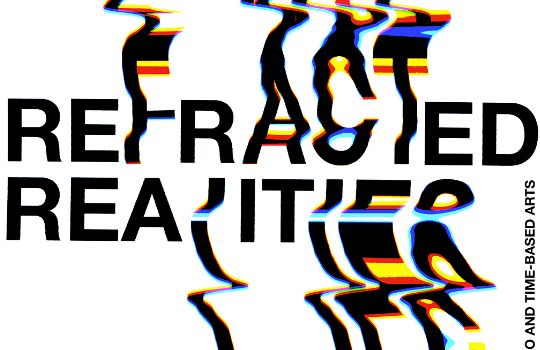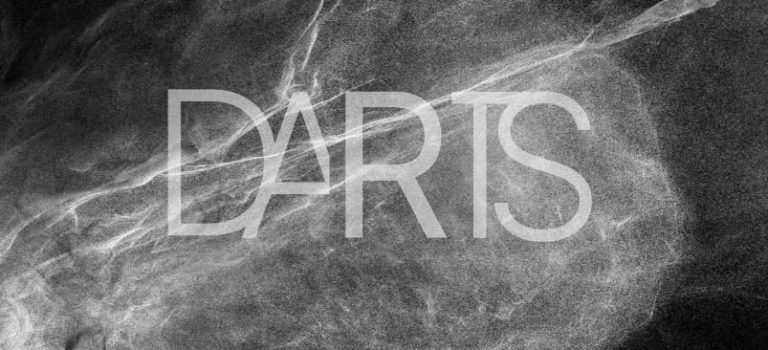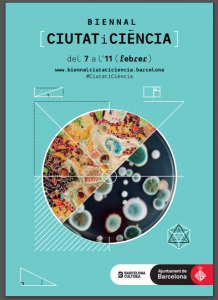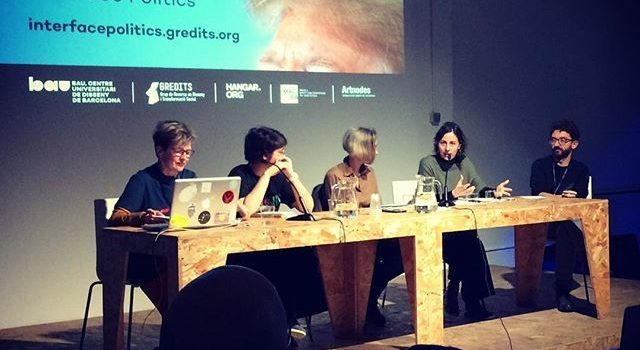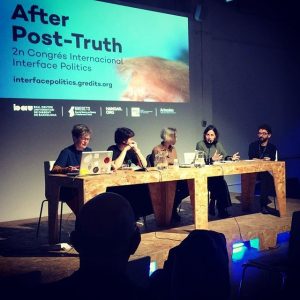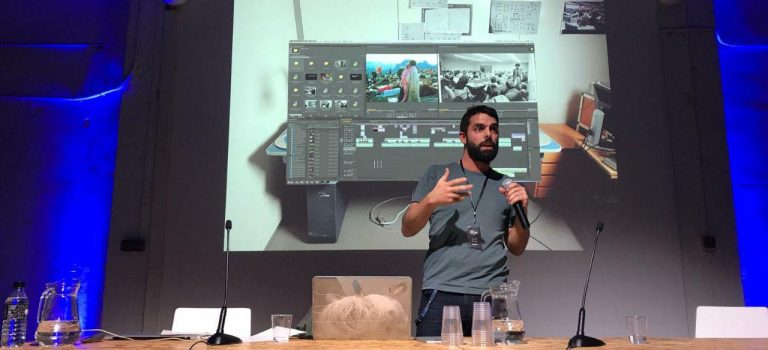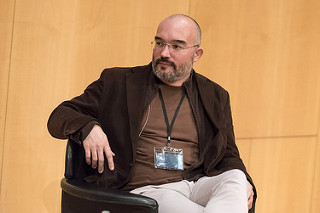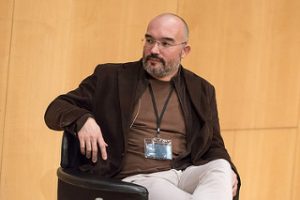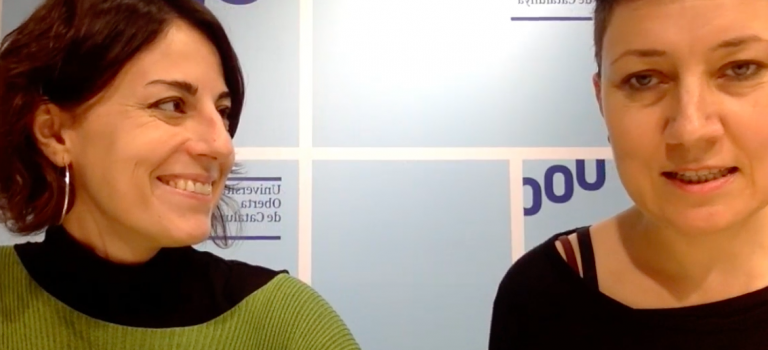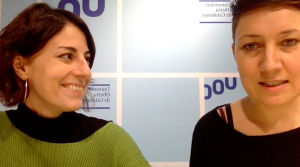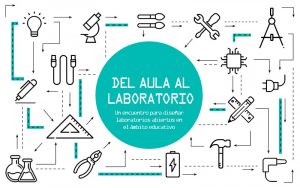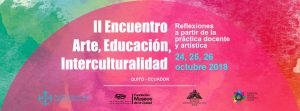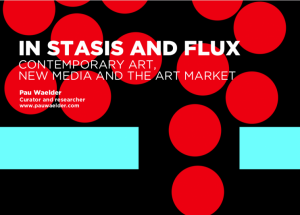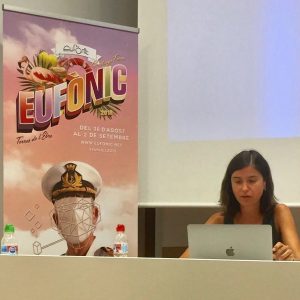Quelic Berga participates at the Interface Polítics II congres with the paper: “Liquid film montage. A critical study of interactive documentary tools”. The congres will take place on November 28, 29 and 30, 2018 at the BAU (Barcelona).
In this paper we present a comparative study among the main interactive documentary tools and we reflect upon their adoption by industry, academia and society. The core aim is to show, analyze and compare the creative implications of different metaphors that articulate each of these audiovisual tools. And at the same time, to explore how these different approaches to audiovisual montage result in the preconfiguration and enhancement of different narrative grammars and regimes of truth.
Through this comparative study of tools we focus on this emerging format [Guifreu], also called i-doc or webdoc, to understand and reflect on its impact in the definition and transformation of contemporary audiovisuals.
To approach the subject we first set up a framework that takes in consideration different perspectives of the media related studies; We begin by pointing briefly to some of the most significant theoretical and conceptual contributions that have marked our study, especially from materialist media studies [Fuller], software studies [Manovich] and humanities computing [Murray].
We distinguish and focus specifically on interactive documentaries softwares among other audiovisual tools and artefacts found in the computing environment. Within this type ofsoftwares, we focus on contemporary programs for authorship of interactive documentaries: Korsakow [1] developed in Germany by Florian Thalhofer and Matt Soar, the French tool Klynt [2] by the Honkytonk Films team, Eko [3], developed after Interlude [4], by the Israeli-American team of Yoni Bloch and finally the PlayFilm[5] platform developed in Valencia. The objects of study of this article are the multimedia tools of authorship and their interfaces. It is beyond this study to observe in detail their resulting objects; interactive documentaries.
Apart from analyzing the graphical user interface, we compile other types of data surrounding the artefacts, considering not only the tool itself, but the cultural ecosystem in where it unfolds [Bertelsen & Soren]. The result of the analyzes of those four softwares allows us to develop a comparative table considering several characteristics: we analyze the constructs, models and methods provided, the use of the vocabulary of each program, the distribution and design of the interfaces, the functionalities and features, the technologies used and finally, the most frequent and specific uses of each tool.
We close the article reflecting on the impact that contemporary audiovisual montages that are liquid or mutable, and that might adapt and modify themselves in relation to data and/or the final user might have important consequences on the construction of the notion of reality. We end up opening questions and observations about the authorship, the audiovisual market, the forms of consumption and the forms of preservation of these resulting audiovisual devices if possible.
Keywords: Webdocs, Interactive Documentary, i-doc, constructs, metaphors, UX, interface criticism.
Views: 0
